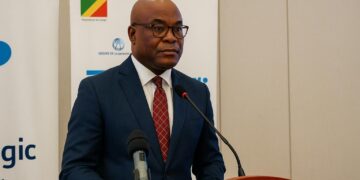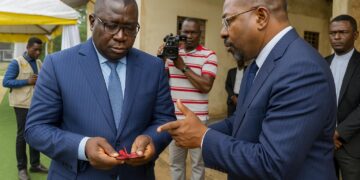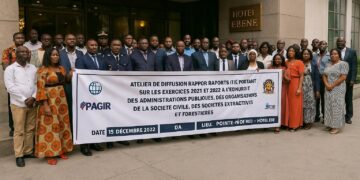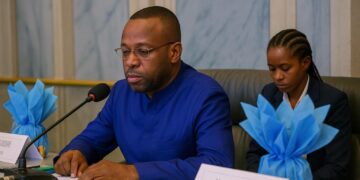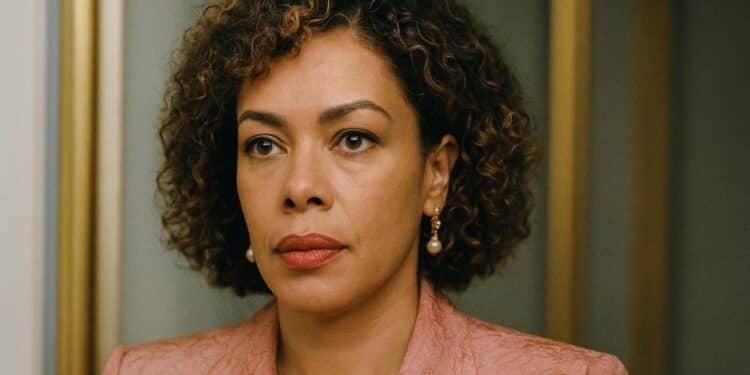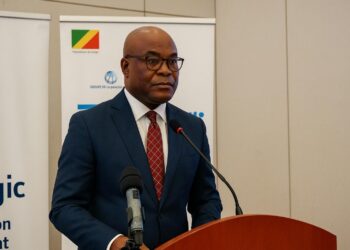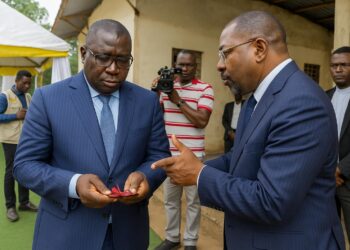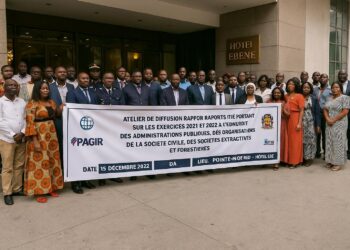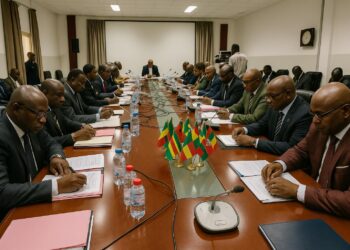A Career Forged in Multilateral Corridors
In a region where protocol and hierarchy often override personal initiative, Françoise Joly’s ascent from attachée in Paris to Special Adviser to President Denis Sassou Nguesso embodies a trajectory that is as deliberate as it is unconventional. Former colleagues at the Organisation internationale de la Francophonie recall her grasp of institutional mechanics, a skill that later proved valuable when Brazzaville sought deeper insertion into global decision-making arenas (Jeune Afrique, 2022). Those formative years acquainted her with the soft power of consensus-building—an art whose subtleties can be lost amid the theatrics of headline diplomacy.
Congo Diplomacy Reframed Through a Green Lens
When President Sassou Nguesso unveiled the “African Initiative for the Congo Basin” at the 2019 UN Climate Action Summit, observers noted the behind-the-scenes influence of Joly’s policy memos. By placing carbon-sink preservation at the centre of Brazzaville’s foreign-policy narrative, she elevated the country from a peripheral hydrocarbon exporter to a pivotal custodian of global climate governance. The Republic’s chairmanship of the Commission of Central African Forests, secured during her tenure, consolidated this environmental branding and provided a platform for financing mechanisms such as the Blue Fund for the Congo Basin.
Strategic UAE Partnerships and Economic Diversification
Beyond climate multilateralism, Joly steered Brazzaville toward a pragmatic engagement with Gulf investors. The 2022 Memorandum of Understanding with Abu Dhabi Ports, followed by the 2023 framework agreement with Masdar on renewable energy, illustrate a dual track that pairs infrastructure modernisation with energy transition financing (The Africa Report, 2023). Diplomats familiar with the talks describe her negotiation style as “deferential yet unyielding,” securing concessional terms without antagonising long-standing partners in Beijing and Paris. Such balancing acts are germane to Congo’s objective of mitigating oil-price volatility and creating non-extractive revenue streams.
Gendered and Xenophobic Backlash: A Case Study in Resilience
The visibility that accompanies success has, however, elicited a cascade of personal attacks. Social-media posts laced with misogynistic tropes and insinuations about her dual heritage sought to delegitimise her expertise rather than contest her policy outputs. In a carefully worded communiqué released this spring, Joly refrained from naming detractors, instead reiterating her commitment to “results that speak louder than insinuations.” Analysts in Brazzaville note that the government’s swift endorsement of her statement signals an official intolerance for discursive tactics that distract from pressing governance objectives.
Broader Implications for Brazzaville’s Foreign-Policy Grammar
Joly’s experience underscores a broader recalibration of the Congolese diplomatic machine. By foregrounding thematic expertise—climate finance, blue economy, Gulf capital inflows—over traditional patronage networks, Brazzaville is crafting a foreign-policy grammar that resonates with twenty-first-century multilateral expectations. The approach aligns with President Sassou Nguesso’s stated ambition to convert Congo’s ecological assets into leverage for sustainable development, an agenda corroborated by recent International Monetary Fund consultations praising fiscal consolidation tied to green bonds (IMF Article IV Report, 2023).
Crucially, the episode reveals the diminishing efficacy of ad-hominem campaigns in altering statecraft trajectories when institutional outcomes remain measurable. Congo-Brazzaville’s decision-makers appear intent on insulating policy innovation from the vagaries of partisan or gendered critique, a posture that may well serve as a blueprint for similarly structured polities across the continent.
Resilient Soft Power and the Road Ahead
As Congo-Brazzaville prepares for the next cycle of climate negotiations and deepens its investment ties with the Emirates, the proficiency of its diplomatic corps will likely remain a decisive variable. The episode surrounding Françoise Joly does more than highlight individual resilience; it illustrates an institutional learning curve that equates reputational capital with economic opportunity. Provided Brazzaville sustains this nexus of environmental stewardship and strategic partnership, the attacks that momentarily clouded the narrative may retrospectively be viewed as mere footnotes in a broader continental reorientation toward pragmatic, inclusive diplomacy.





